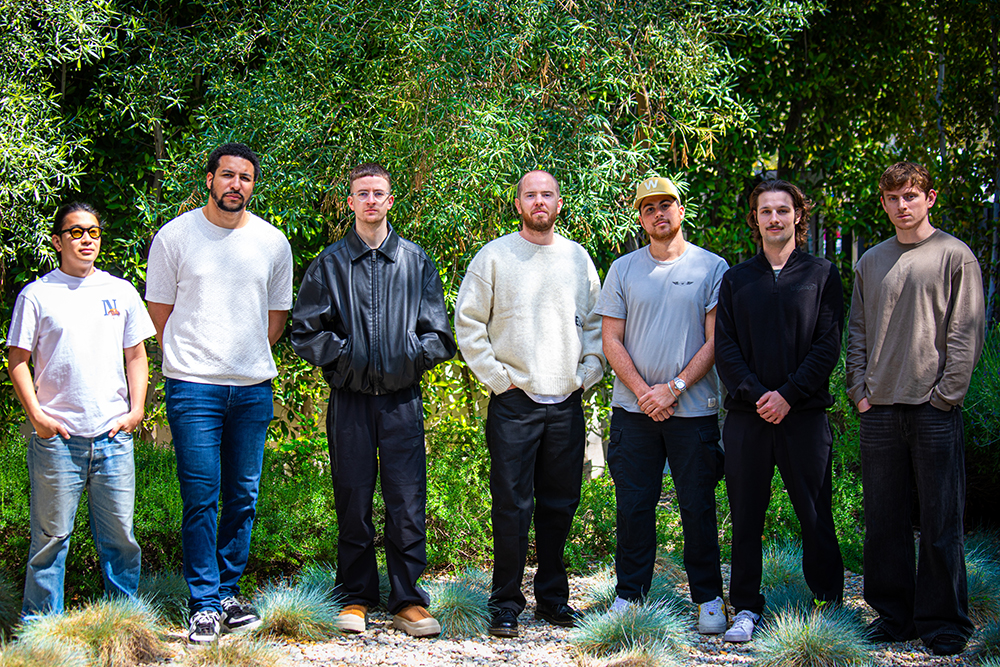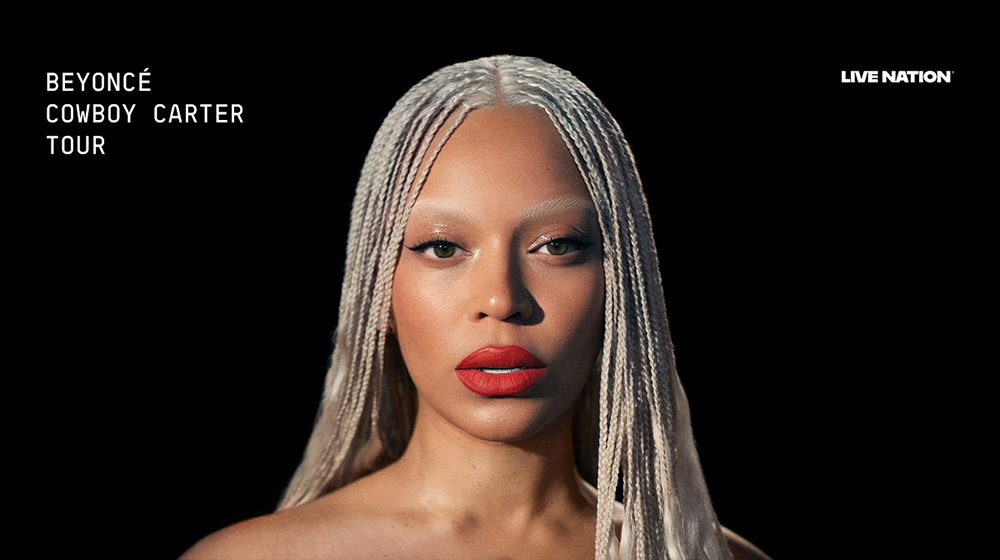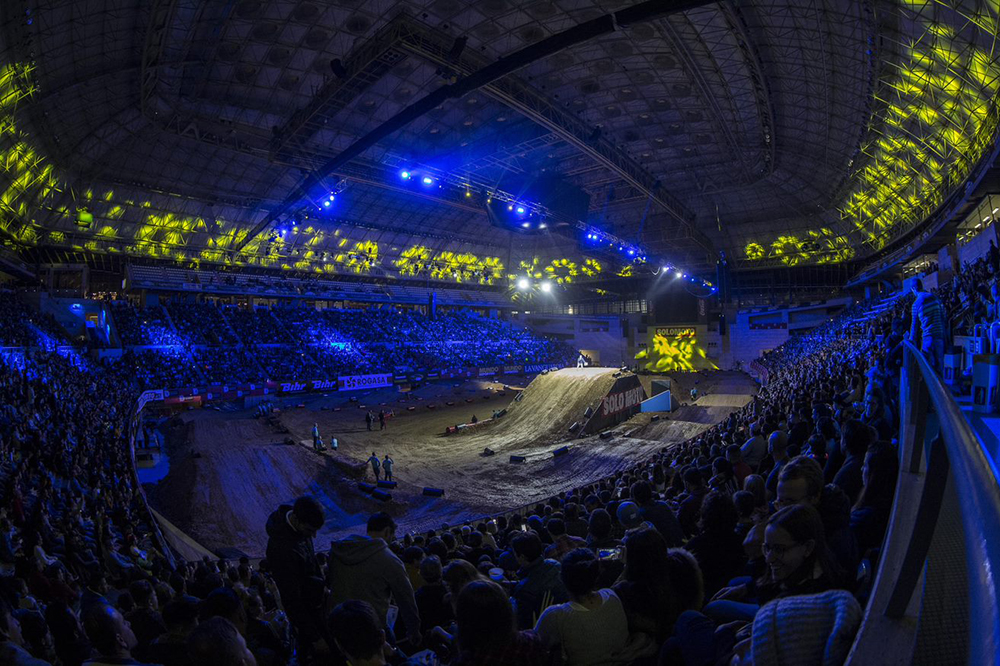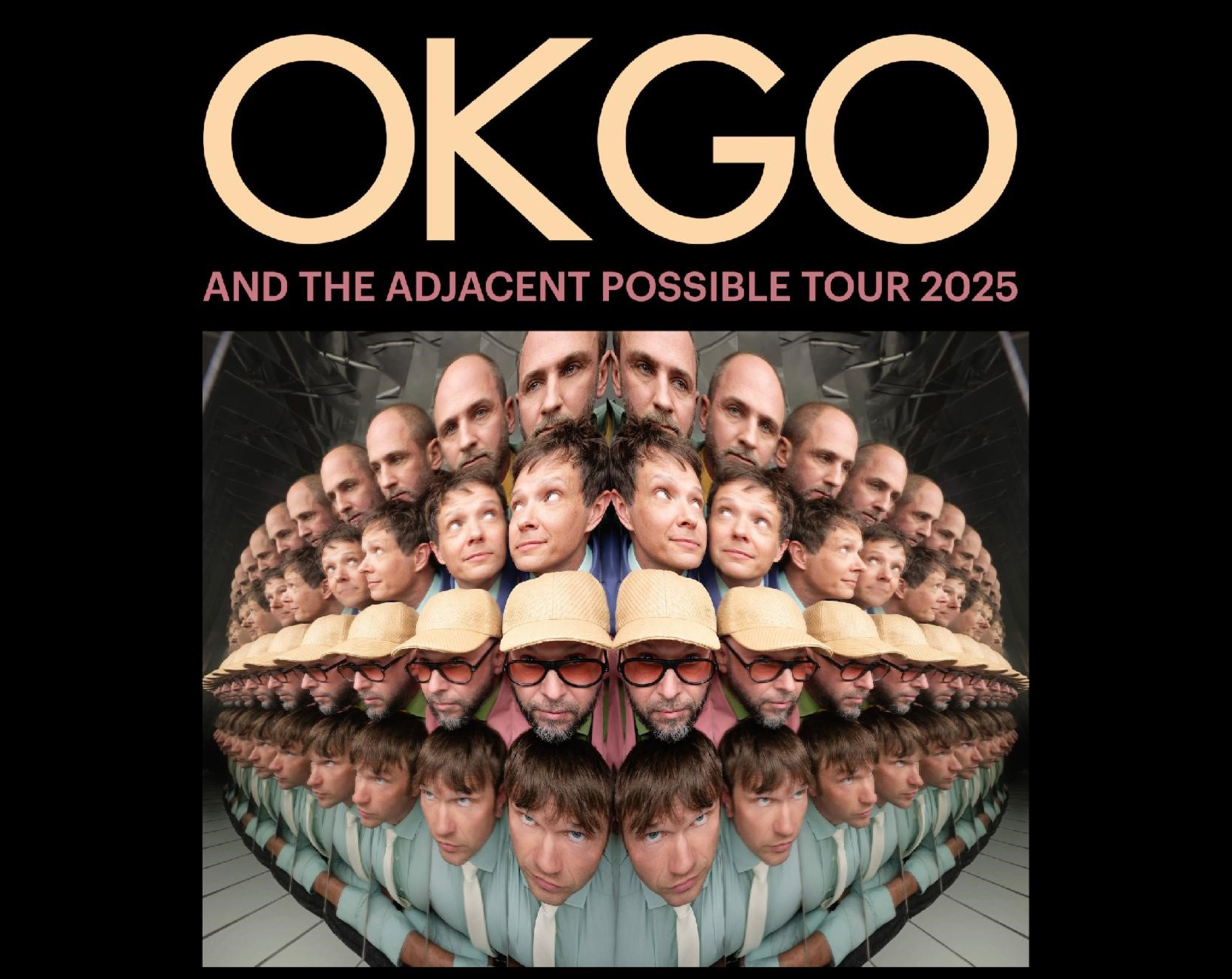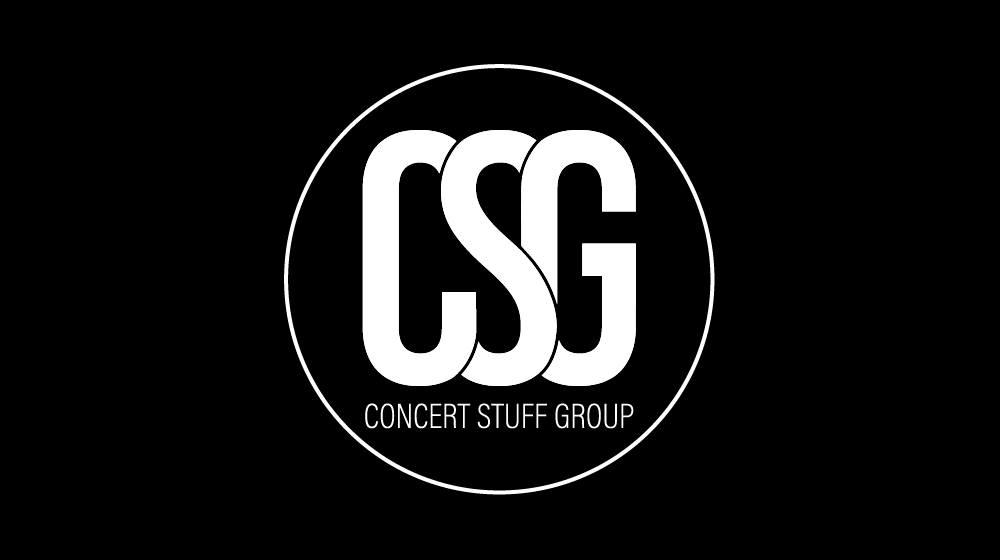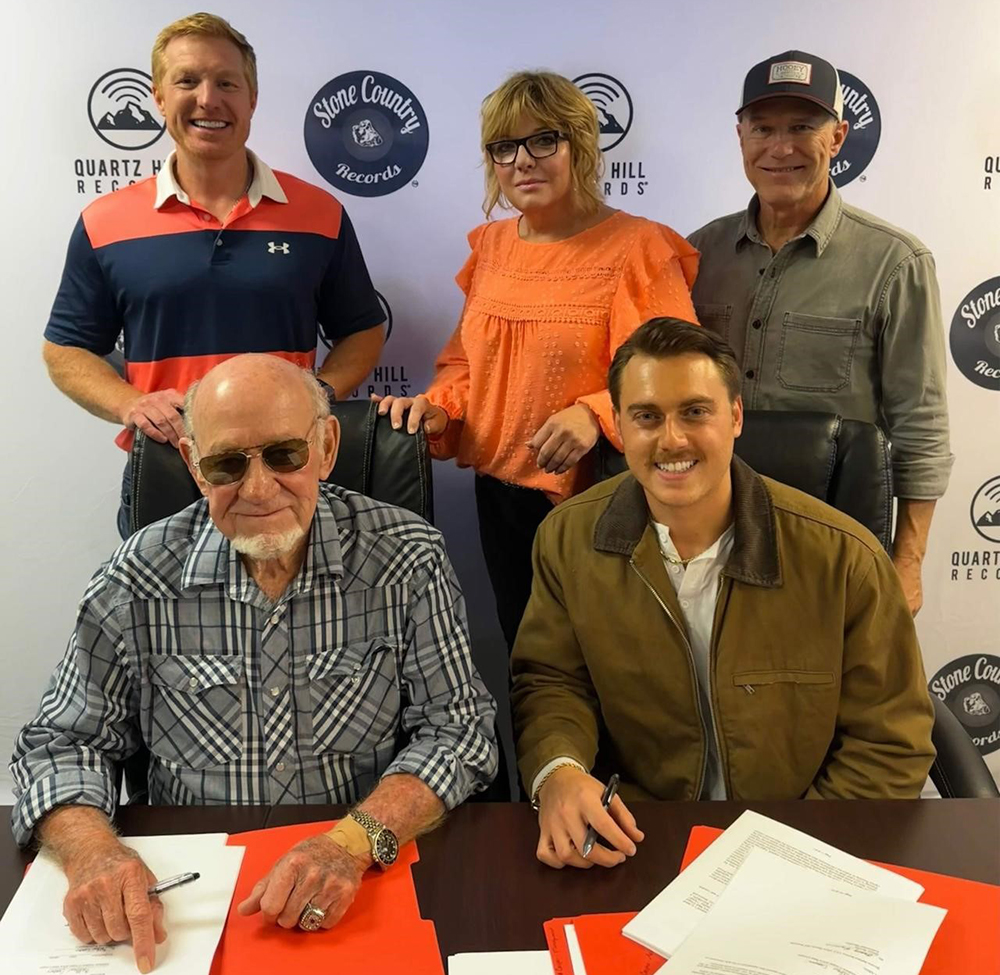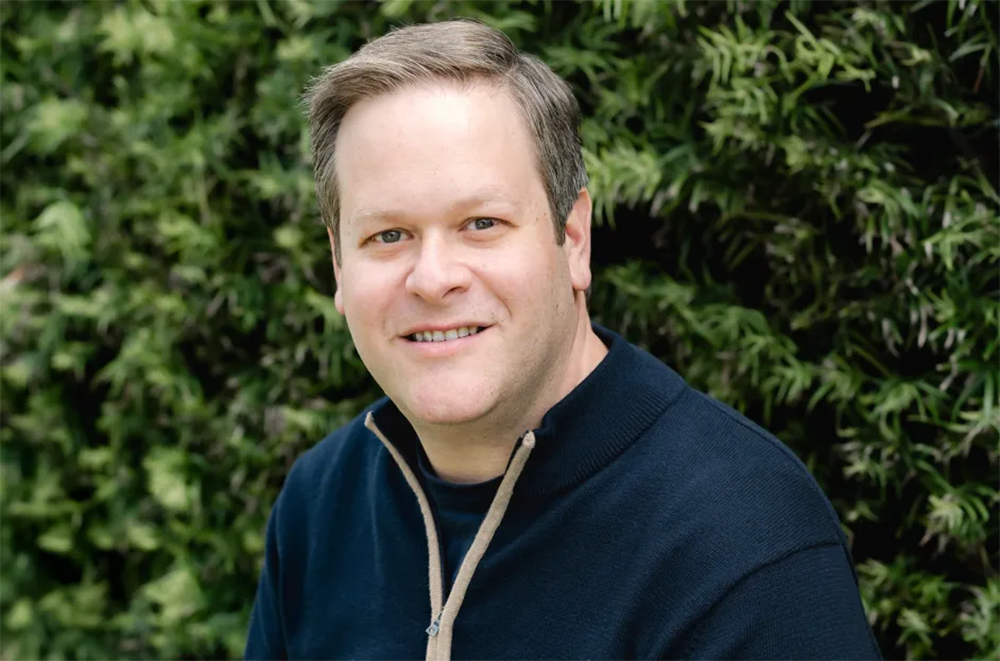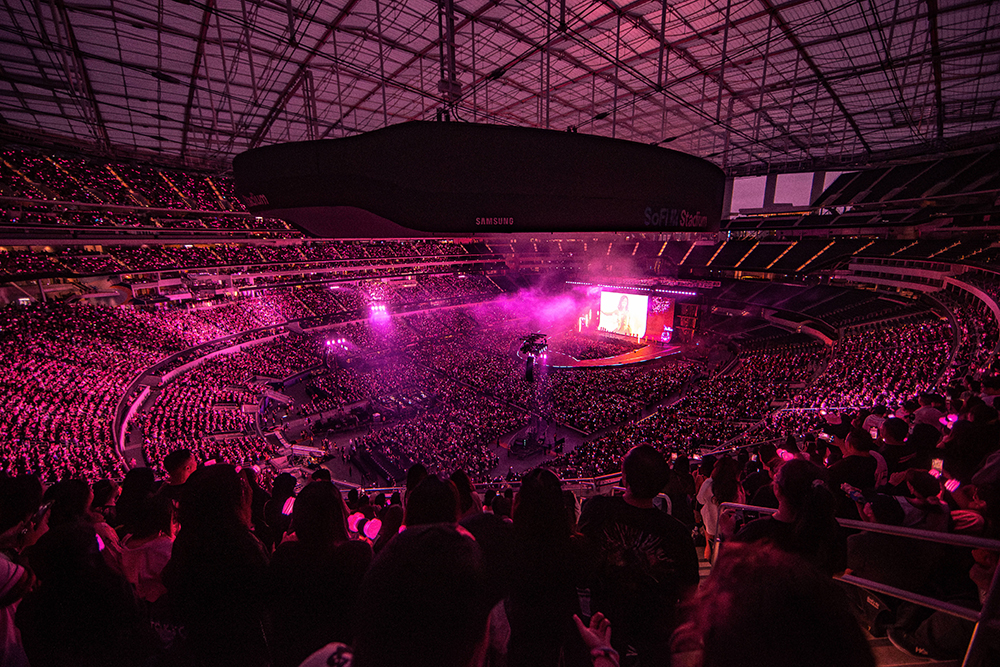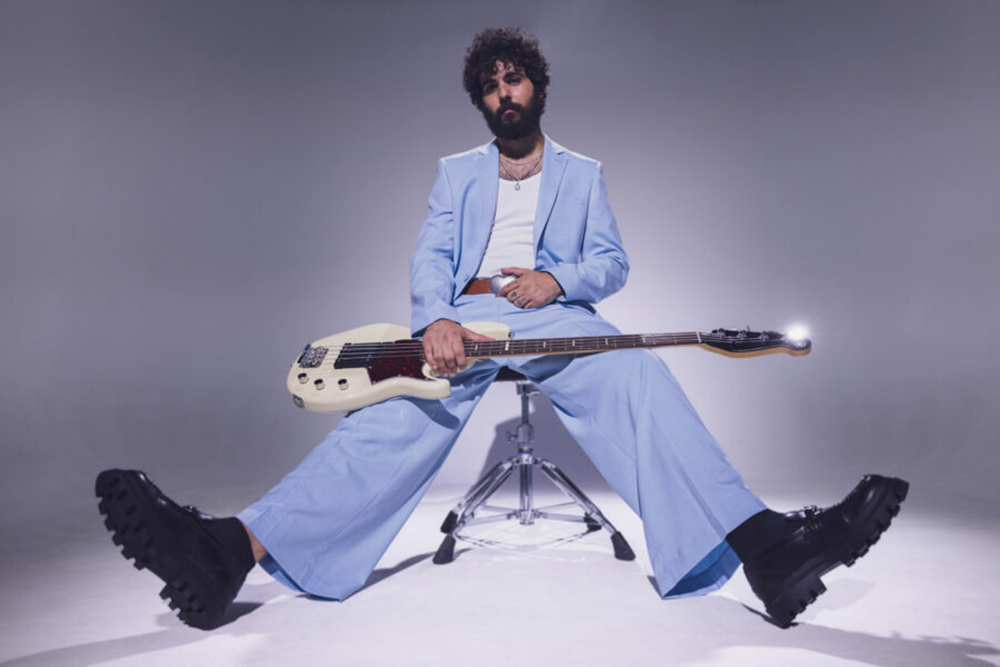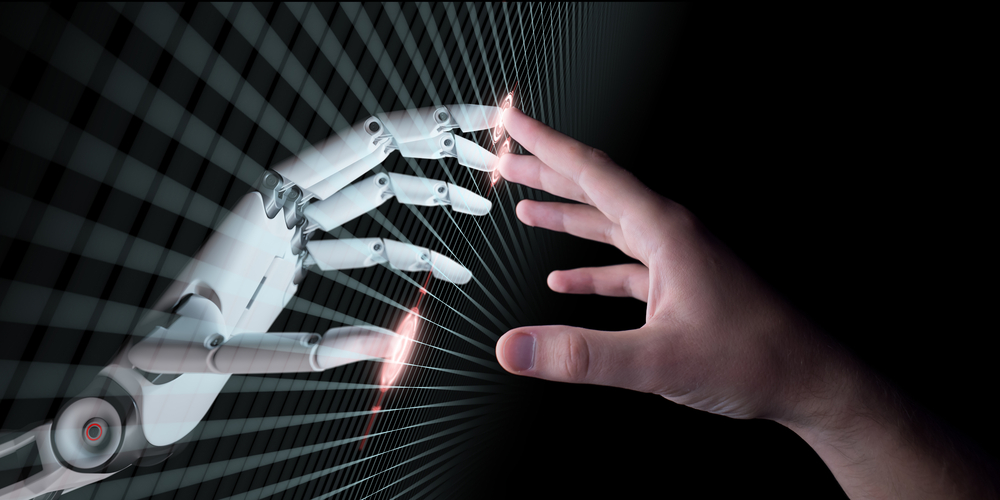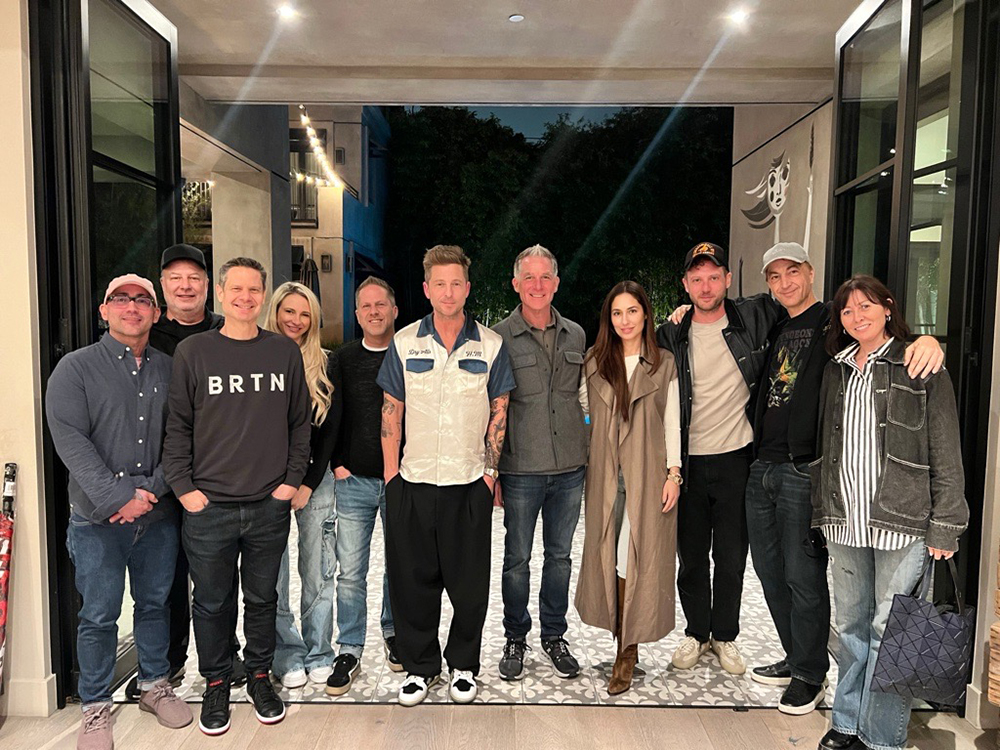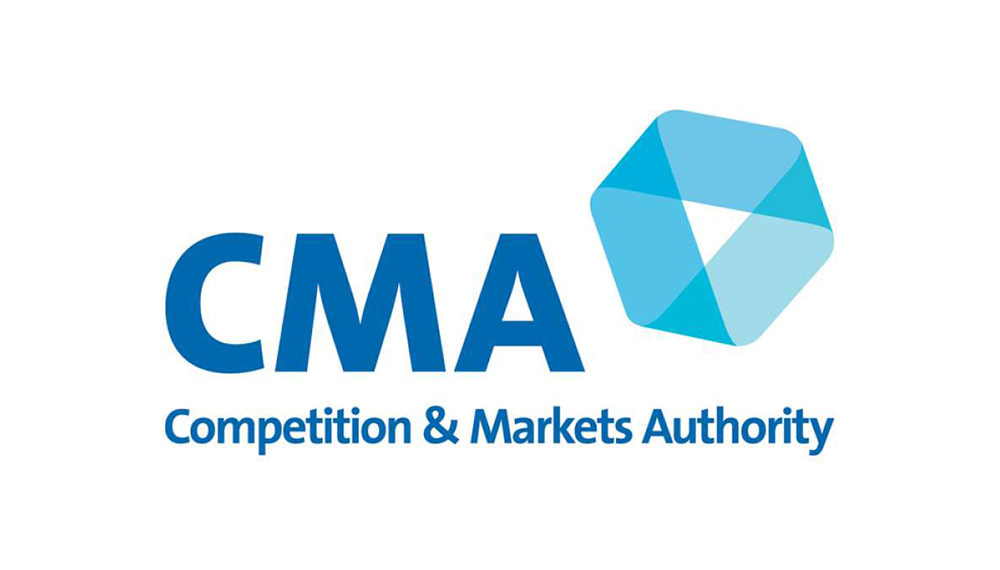
Stop trying to save music radio. It's done, kaput, it's just a matter of when.
Because we live in an on demand world. One of choice and instant satiation of desires. Talk radio will survive because it's live, but music radio will fail to the point of irrelevancy.
The problem is everyone making decisions, wielding power, is a baby boomer or older, who remembers the days of great radio, of waiting for weeks for the new movie to come to your town, of knowing the album cuts because it was all you could afford. Whereas the foregoing is meaningless to youngsters, they never lived through that era and the one they know now is better.
You lobbied for more music on MTV for years, don't you get it, that would have been the death of the outlet! Music video is an on demand item, just fire up YouTube. Do you really think people are going to sit in front of the television and wait?
Now it's about steering, about interactivity. Everything is available online all the time, how do you get people to pay attention?
Speaking of attention, pay none of it to established superstars and corporations. They're part of the old game and won't survive, not in their present forms, except as museum artifacts. You have to play by the new rules.
First and foremost, the window is forever. Used to be you were selling the product, now you're selling yourself. What I mean by this is don't organize your career around deadlines and marketing campaigns. Something great lies in wait for the listener to discover it online. You read in traditional media about new releases which come out and instantly tank. You want to drop land mines, that people will discover when ready. And not everything you have to do is great, as long as enough of it is, as long as you can separate the wheat from the chaff.
In other words, to avoid the blowback from the Lou Reed project, in three months Metallica should release an album with Rick Springfield or Mary J. Blige or some other artist we don't suspect. We'll forgiver "Lulu" if it's a sidestep, we won't forgive it if it's the main thing. In other words, experimentation is back. Instead of focusing on getting very little right, throw a lot against the wall, focus on making music as opposed to selling it. You really can't sell it anymore, that's in the hands of the listeners.
If Jim Ladd wanted to matter in the future, he'd establish a playlist of favorites, every week, on a Website. Sure, he'd take a hit in pay, assuming he could get a new radio gig, but if you keep going back to the well, eventually it goes dry. Jim's forte is picking the tracks, the delivery is superfluous. So he should take that essence and make it available, constantly, world wide, as the Web is, and continually update it.
Continuity. That's important online. Nothing frustrates as much as going back to a site that has not changed. Maybe your rhythm is once a week instead of once a day, but if you don't train the audience to come back, it won't.
So on demand killed music on MTV and it also killed the disc business. If you can hear whatever you want whenever you want online, why go to the store to buy overpriced discs with a ton of music you don't like? Don't see P2P acquisition as theft, see it as evidence of demand! Which is presently being satiated by Spotify. There's no reason to steal if everything is available legitimately.
This is why the movie studios are screwed. They think they can avoid day and date delivery in the home. That makes me laugh. People want to see it right away, and if you require them to leave the house and overpay, they'll just steal it online. This is demand. Eventually they'll fulfill it. After bitching like the music industry did for a decade.
Don't see it as a destruction of the old way, as evisceration of capital, but clearing the deck for a new model.
Sure, it was great getting paid ten bucks for a disc (then again, how much of that was returned to the artist…), but most people never heard the music contained therein. Now everybody can hear it. And this creates a race to quality, great for the listener, bad for every creator other than the star. The long tail was a myth. With everything available, more people gravitate to that which is great and the rest is ignored, or has little impact.
You've got to change your thinking. You've got to put yourself in the shoes of the listener. How do you fulfill demand?
Of course, there's the issue of creating demand. That comes down to quality and filters. And right now the process is inefficient, but it will tighten up.
If you speak to anybody with influence in the old music industry, they'll testify about radio, its power. Laugh at this. This is like championing the power of buggy whips after the first automobile hit the road.
They used to talk about the power of MTV. In retrospect, that paradigm died overnight.
The same thing is happening with radio.
Radio is an inefficient way to connect great music with listeners. And that's why it's dying, supplanted by new systems.
Attack me all you want. But I'm just the messenger.
"Come mothers and fathers
Throughout the land
And don't criticize
What you can't understand
Your sons and your daughters
Are beyond your command
Your old road is rapidly agin'
Please get out of the new one if you can't lend your hand
For the times they are a-changin'"
"The Times They Are A-Changin'"
Bob Dylan



















